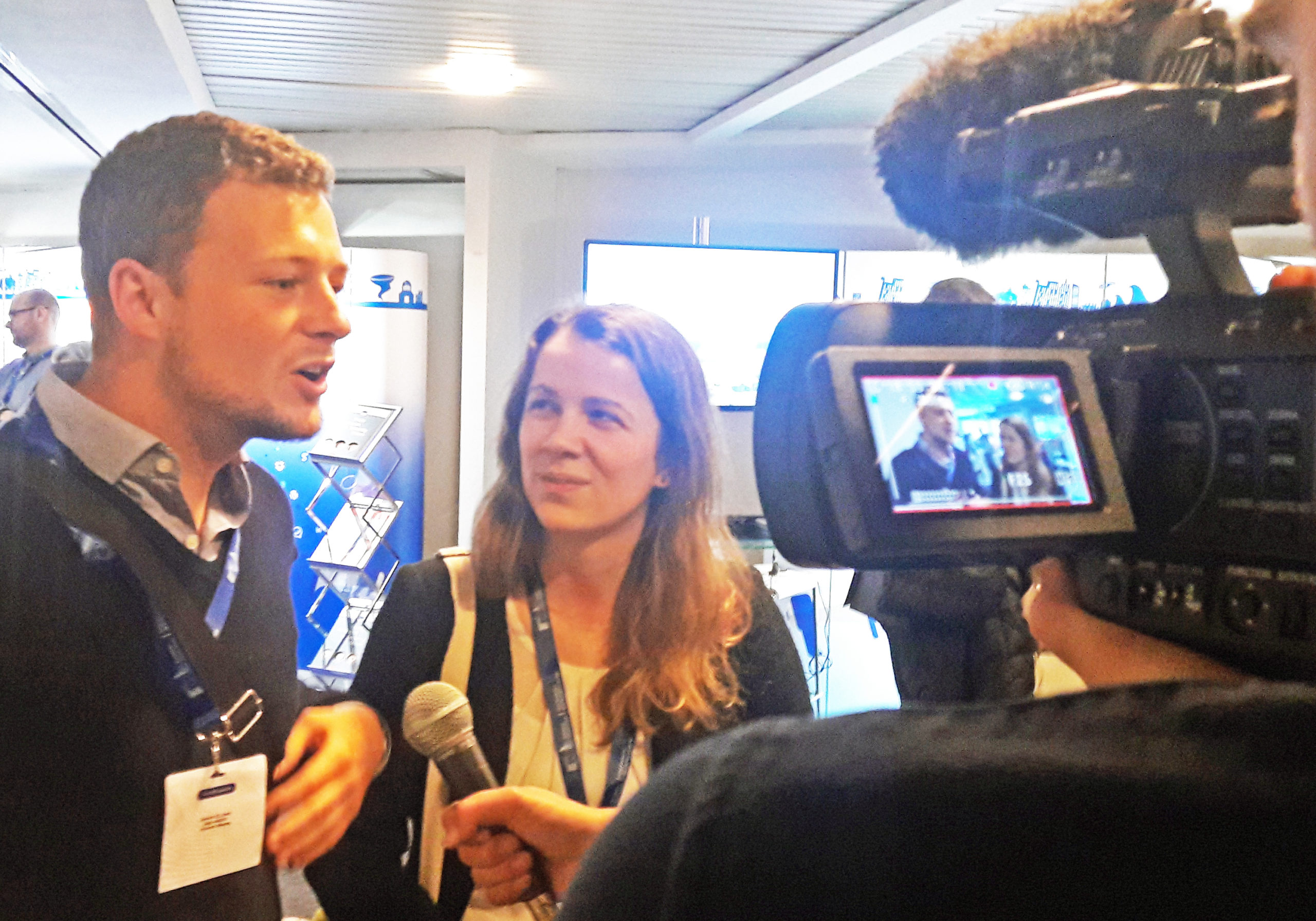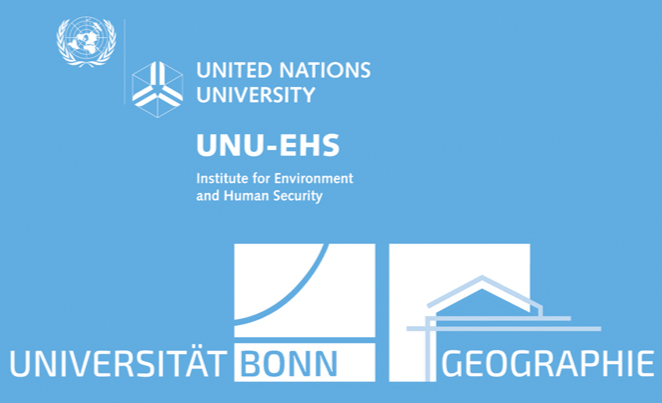
New “EPOS Programmes in Moving Pictures”
Dear Network partners and colleagues,
The University of Bonn and the United Nations University with their Joint Master Programme are happy to announce the “EPOS Programmes in Moving Pictures” (‘Bewegtbild’-) training. The initial aim of this project has been addressed before in our network meetings and is to showcase the Master programmes through the eyes of our students. The training spans over 2 years, with a total of 40 participants (20 students per year) from the Epos funded programmes of our AGEP network.
Purpose & Outcome:
In close collaboration with trainers and students from the Deutsche Welle Akademie, we aim at highlighting the diversity of EPOS programmes and offering participants the possibility to present their programmes and train their visual media skills. This initiative is equally meant to bring together the students from across the EPOS programmes in Germany and strengthen our network.
Participants will go through three phases, the individual shooting of moments within their programmes, the training phase in Bonn and a post-production phase. The final products will be videos representing the EPOS programmes across Germany. The onsite seminar phase will take place at the Gustav-Stresemann-Institut in Bonn, and will bring together the participants and our visual media trainers. The video created, will be made available to the respective programme management as promotional material.
Schedule:
The training consists of a preparation phase (1), a workshop (2) and a post-production phase (3). Below is the planning for the first training in 2020, for a total of 20 participants.
Phase (1) – E-learning and individual work (May/June 2020)
- In two modules organized by University Bonn, the participants will reflect on the use of visual media for storytelling in an intercultural context. Topics that are part of the EPOS study programs, like “development”, “gender”, “(in)-equality” and “global relations”, are reflected upon in order to sensitize participants in how to adequately talk about and represent these complex topics in their films. This will prepare the participants to further develop their creativity in telling a visual story of their experience and to take deliberate decisions about how to represent even complex topics.
- Moreover, during the preparation phase participants will general information via e-learning how to concept, produce and present their course of studies in moving images. The focus lies on the implementation of their individual ideas. Students shall start to develop their story board. According to a style guide they’ll collect footage (images and videos) with their smartphone.
Phase (2) – Workshop at the GSI in Bonn (10-13 July 2020)
The main part of the workshop will be hands on. Participants will receive information how to produce a “smashing” storyline and learn how to edit their material. They’ll finalize a first version of their moving image.
Phase (3) – August/September 2020 – Online support
In the post-production phase, additions, adjustments and corrections can be done if necessary. This phase is again supported by e-learning opportunities offered by experts from the DWA.
During all three phases participants will get support from trainers and student assistants of IMS. Their final product will be a differently designed “advertising” video of their study programme.
Trainers:
Initiated within the joint collaboration between the University of Bonn – Geography Department (GIUB) and the UN University – Institute for Environment and Human Security (UNU-EHS) in cooperation with Deutsche Welle Akademie (DW), the project will involve experts with background in development geography, visual media and storytelling.
Participants:
Each Programme Coordinator must nominate 1 main and 1 reserve student to participate in the “EPOS Programmes in Moving Pictures” project. In order to nominate your candidates, kindly fill in our online form before 15th April: https://epos-bewegtbild.questionpro.eu.
Costs:
This project is funded by the German Academic Exchange DAAD. However, should travel costs exceed 120 EUR, the student/participating programme might be required to cover the difference.
We are looking forward to getting in touch with you and your students!
